How To Cultivate Patience
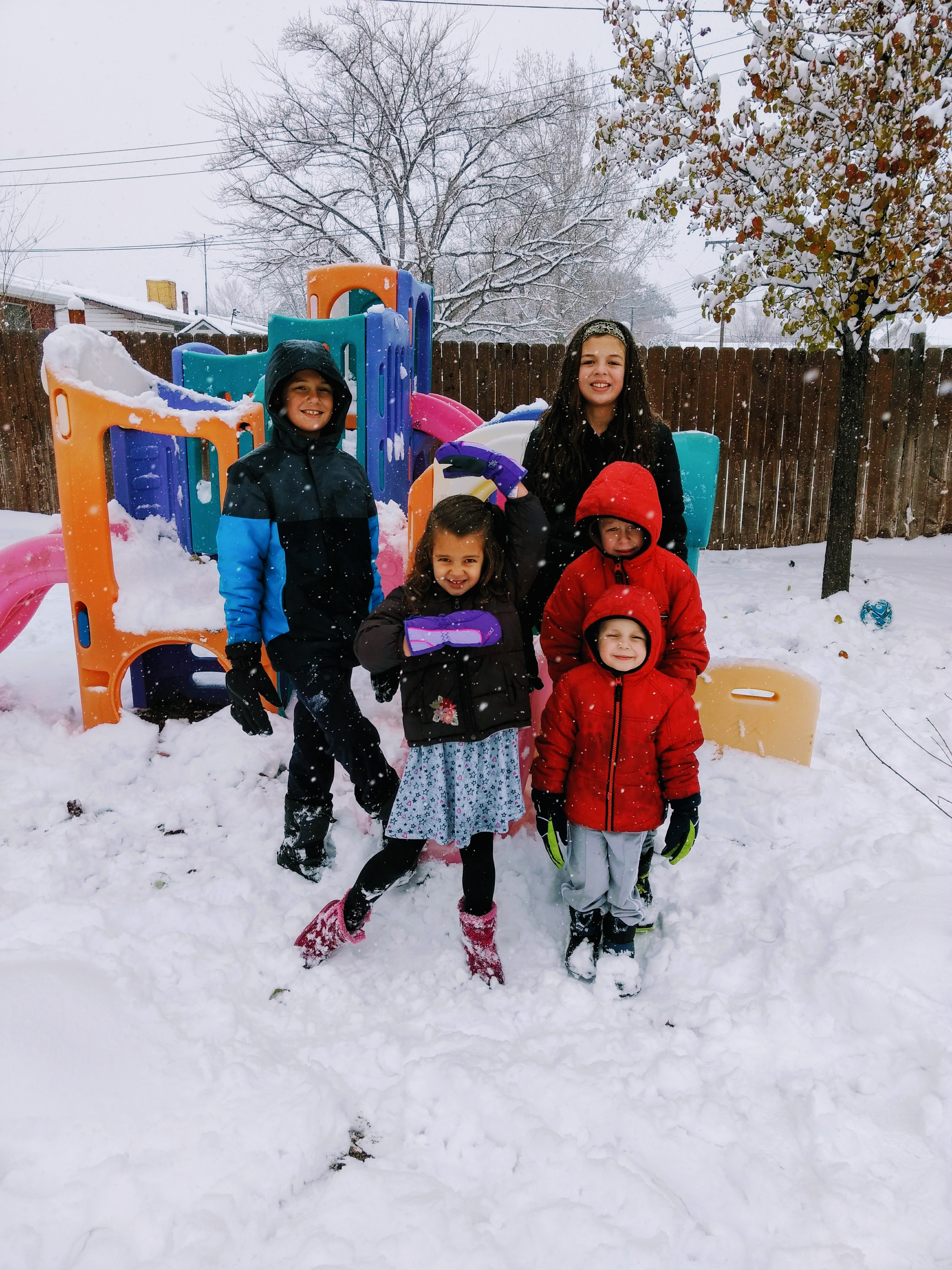
This post may contain affiliate links and we may earn compensation when you click on the links at no additional cost to you.
Becoming a patient parent is a lifelong experience.
A. Life. LONG. Experience.
Just when you think you are finally learning to be a more patient person, your child(ren) will challenge you in a whole new way.
Patience is the ability to postpone or change our gut reaction to a situation so that we can teach instead of react.
Cultivating is a persistent effort to try to develop a certain skill; in this case, patience.
Temper tantrums in the grocery store turn to into much harder situations as a child grows up (insert your patience-trying experience here).
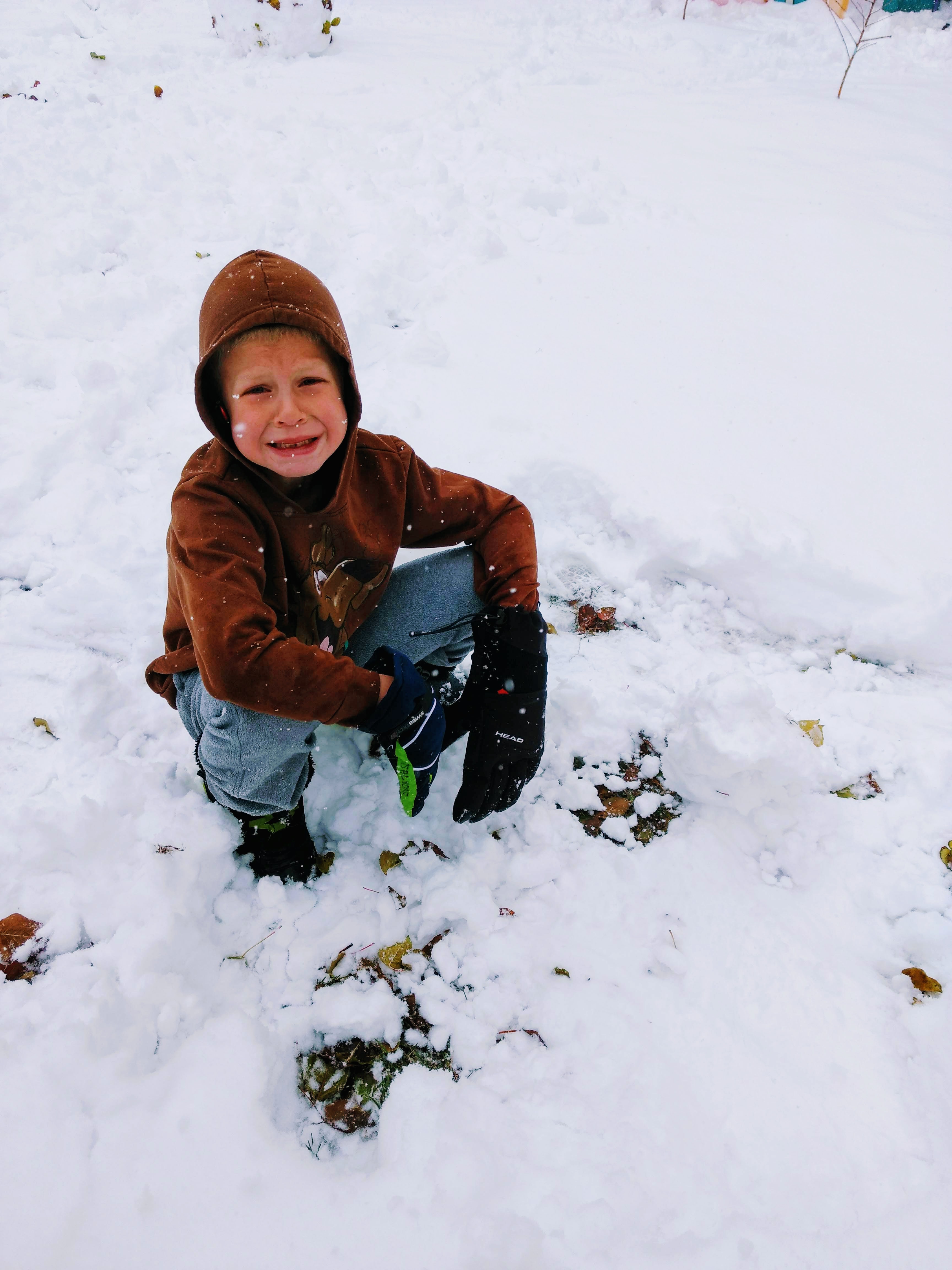
And it’s not just your toddlers and teens that try your patience with potty training and curfews.
It’s a challenge every parent will have from the moment they hold their first newborn baby until they die.
Literally.
Learning and growing and cultivating patience is a life long pursuit that parents sign up for.
It is critically important for parents to realize that developing patience takes a LIFETIME of consistent work to achieve.
You don’t handle one situation with perfect patience and now you have the “Patience Crown” on your head forever.
It takes a lifetime of trying, failing, and learning from your mistakes to become a patient parent.
After a patience-trying event, inexperienced parents are often left discouraged that they didn’t measure up.
Wise parents have chosen to learn from what happened and are already preparing for the next test that they know is already in the works somewhere.
Because wise parents understand that there is always something in the works somewhere.
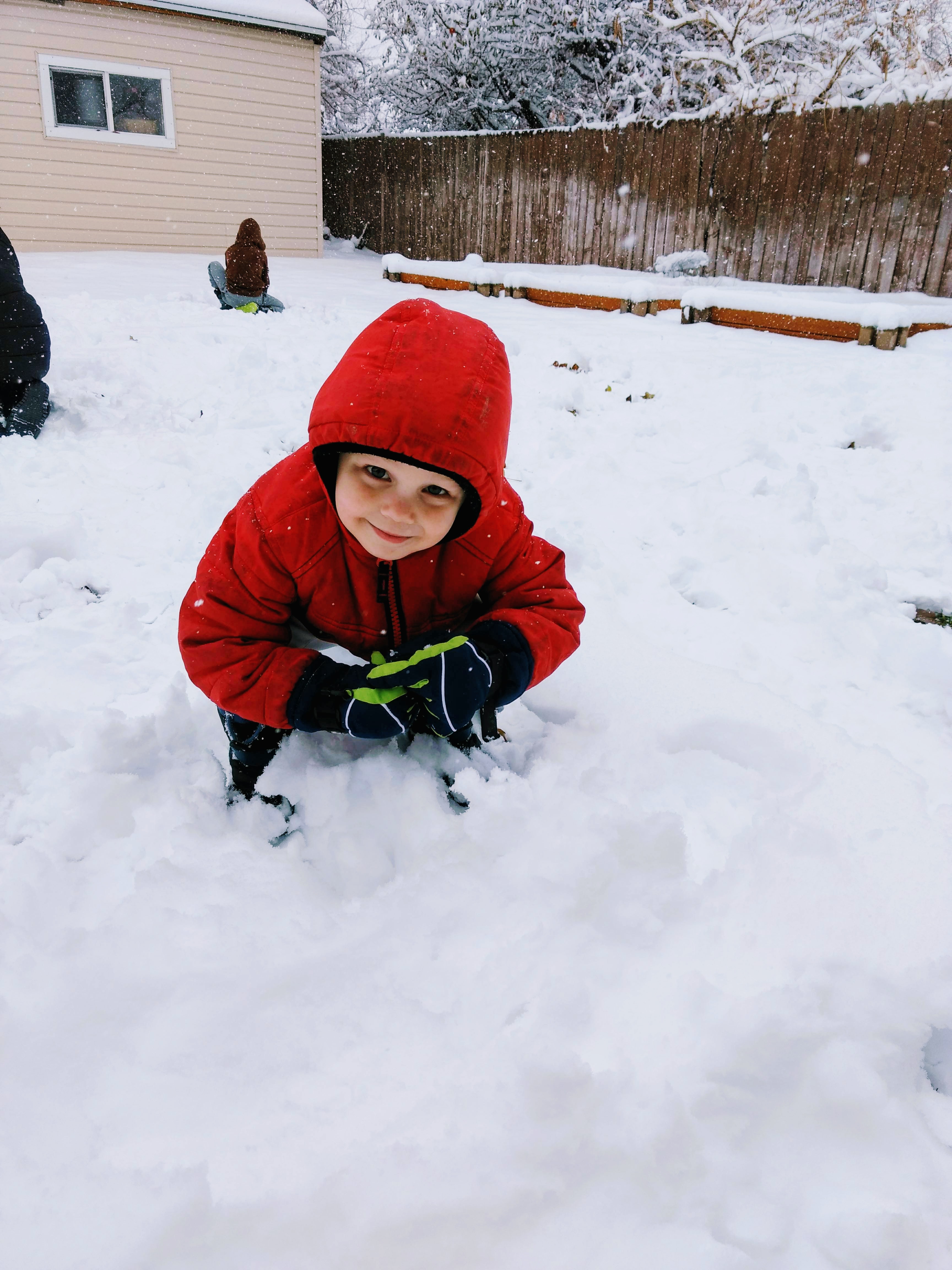
Children do not sit around plotting the demise of our patience in calculated attacks on our sanity; however, the natural results of raising a human child call for constant patience.
Even adult children try their parents’ patience with their choices (think relationships, education, careers, family, work ethics, beliefs).
Parents do not make choices for their adult children, yet they are still expected to be available to help their children learn from those choices.
It takes parents a lifetime of practice to patiently help their children navigate first childhood and then the adult world, learning from their mistakes.
It literally becomes an inter-generational effort that overlaps and strengthens families together as they work towards their common goal.
Of course, parents and children do not only learn patience from negative choices; they learn from very positive ones too.
It takes patience to sit through 7,023 practices and games over the years until the moment finally comes and our child makes the winning shot for the state championship trophy!
What an amazing accomplishment that took years of patience to achieve together!
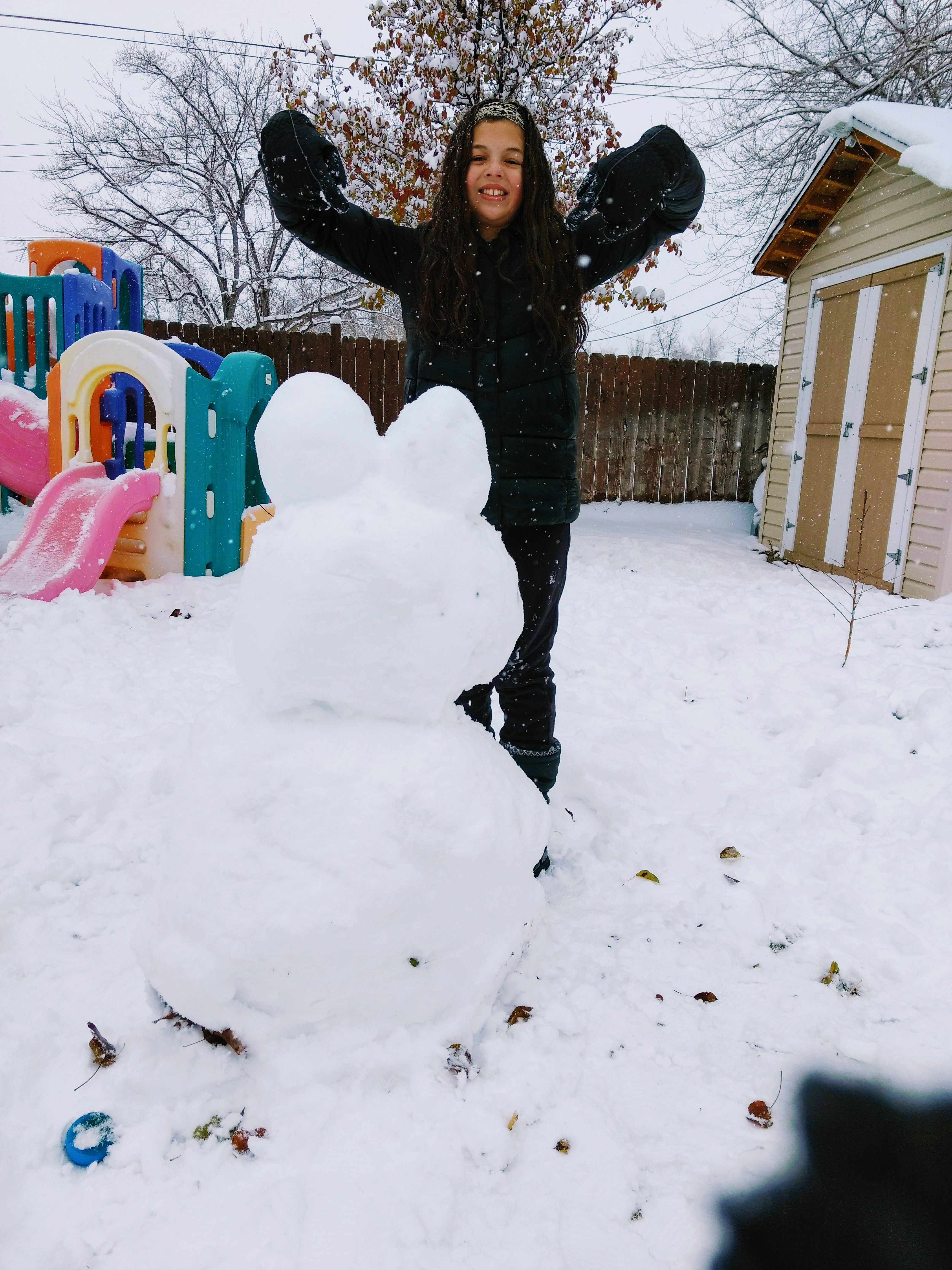
Think of how much patience it takes to teach an infant to roll over. Or crawl. Or walk.
Think of how many times they fail and yet as parents we just keep encouraging them until one day they can do it.
It is no different for us as parents.
We need to be patient with ourselves too as we develop this skill.
The dynamics of a parent’s world changes as their child grows but they will always need to cultivate their patience.
And believe me, I understand now that being a parent is the best patience proving ground in the world.
You will get SO much practice!!
I honestly used to consider myself to be a fairly patient person until I became a parent.
A lifetime misconception came crashing down really fast.
I read a ton of great parenting books as my first child went through her terrible twos and I thought I had my act together finally.
Then I became a mother again.
To a very sweet and very very trying child on the autism spectrum.
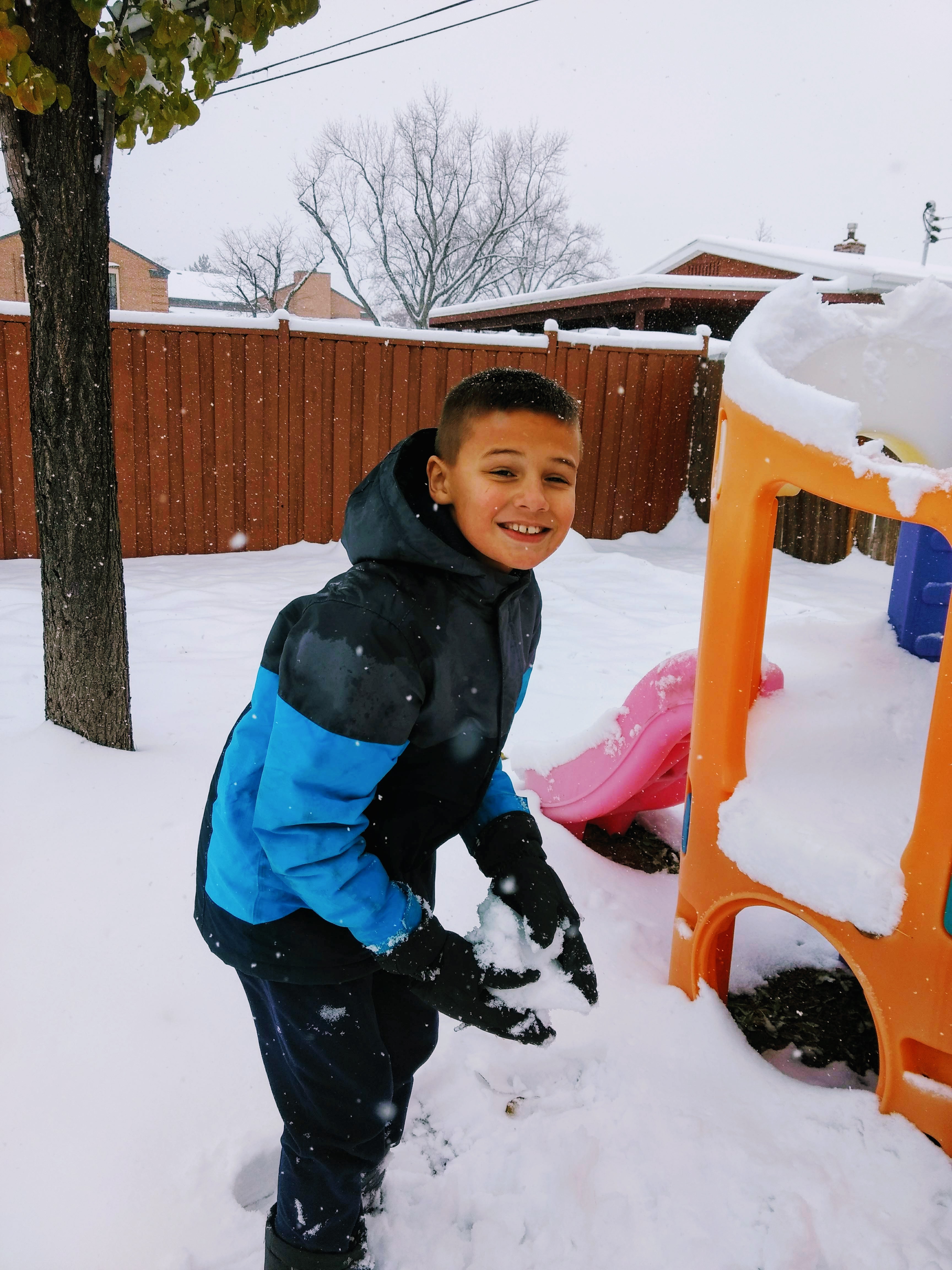
This one child of mine takes 95% of my patience every single day and the other five get 1% each.
If the 1% of my patience is enough to nurture a human child sufficiently, does that tell you how difficult it is to create enough patience to help my one child that needs 95% every day just to function?
The whole meaning of the word patience is taught to us when our greatest challenges come to us.
Our family members will definitely bring challenges to us at some times, but without a doubt, our families are our greatest source of joy.
A lot of that has to do with how much time and energy we spend cultivating our family life.
When we choose to improve our self and work to develop patience with our family members, it has a positive effect on the entire family.
We serve them by practicing patience.
There are four strategies that we have found that help us practice patience with our family members:
#1 Understand Why They Are Acting This Way
Think of what causes you to lose patience quickly with a certain family member.
In my experience it has always been a lack of understanding on my part that causes the impatient reaction inside me.
This could be true for everything that your family may be struggling with, from disabilities and disease to metal health struggles and addictions.
Take the time necessary to educate yourself on what your family member is going through and how you can best help.
When my oldest daughter was going through her terrible two’s, I was very impatient with her behaviors because I was so upset that she would choose to treat me that way.
After reading several parenting books, I finally came across something that really stood out to me.
Toddlers do not intentionally throw fits as a targeted behavior towards you.
They are melting down in the grocery store because they are overwhelmed and can’t handle it anymore.
It has nothing to do with how they feel about you as their parent.
Once I could remove my hurt emotions from the situation and truly believe that she wasn’t melting down to spite me, my entire parenting life changed for the better.
#2 Make A Conscious Choice To Put Their Needs Before Yours
I practiced patience every single time my daughter had a meltdown.
It was still not easy at first, but I chose to practice patience and put the needs of my daughter above my own (I didn’t hold on to my hurt emotions, I focused on her needs instead).
It worked so shockingly well that I decided I would always give my child the benefit of the doubt and assume that they were not trying to spite me, in any situation.
By choosing to do this, I remained in calm control of the situation (both in the grocery store and in my head).
Putting someone else’s needs ahead of yours does not diminish the worth of your needs.
It simply clears your mind and puts you in “Solving Mode” instead of “Reaction Mode”.
Your needs must also be met, and there are still consequences for their behavior.
However, you must be willing to put their needs first so that you are truly helping them with an understanding heart and mind.
It has worked miracles for me, my children, and the atmosphere in our home.
#3 Create a Healthy Environment
It is also true that we need to work on creating a healthy environment for us and our loved ones to succeed.
I learned with my daughter that I needed to make sure that all of her needs were met (she was not hungry, thirsty, tired, or hurting) before I tried to practice patience.
If I wasn’t taking care of her needs, I was setting us both up for failure every time.
I learned to schedule things early in the day before she was too tired, feed her right before we left, and bring snacks to help meet her needs while we were out.
If she was teething or suffering from an ear infection, I made sure she got the pediatrician recommended pain relief and limited our activities to what she felt like doing.
There is simply no reasoning with a toddler who is hungry, tired, and/or hurting.
We have to meet the basic needs of our family members before we can successfully practice patience together.
#4 Always Keep Improving
Doing this with each successive toddler has brought such peace to our lives that we have continued searching for other family strategies that help us practice patience with each other and establish a happy healthy family atmosphere.
Never stop searching for ways to strengthen your patience as an individual and as a family.
One of the best ways to meet the basic needs of each family member is to make sure you are doing My Time every single day.
It is critical to know and understand the current needs of every individual family member so that you can help where it is needed most.
Families are strengthened when individuals are strengthened.

Life always obliges me with opportunities to practice patience.
In these pictures of our snow play yesterday, my son was frustrated that he was not able to build a snowman like his big sister.
When I went out to check on them and saw he was crying I:
(1) set aside my own frustration that he was having a meltdown to realize that he was was not trying to attack me personally.
(2) chose to help him instead of simply reacting to his meltdown.
(3) determined as soon as I went out there that he was not dressed warmly enough and told him to take deep breaths to calm down while I went back in for his warm coat.
(4) taught him how to pack the snow tightly together to form the snow, and while we worked we shared ideas together about how he can handle his frustration in a better way next time.
He quickly realized after I showed him that it takes a lot of effort to pack the snow well enough but he was persistent.
His small snowman was a huge victory for him (and me) as we practiced patience while he was learning to make it.
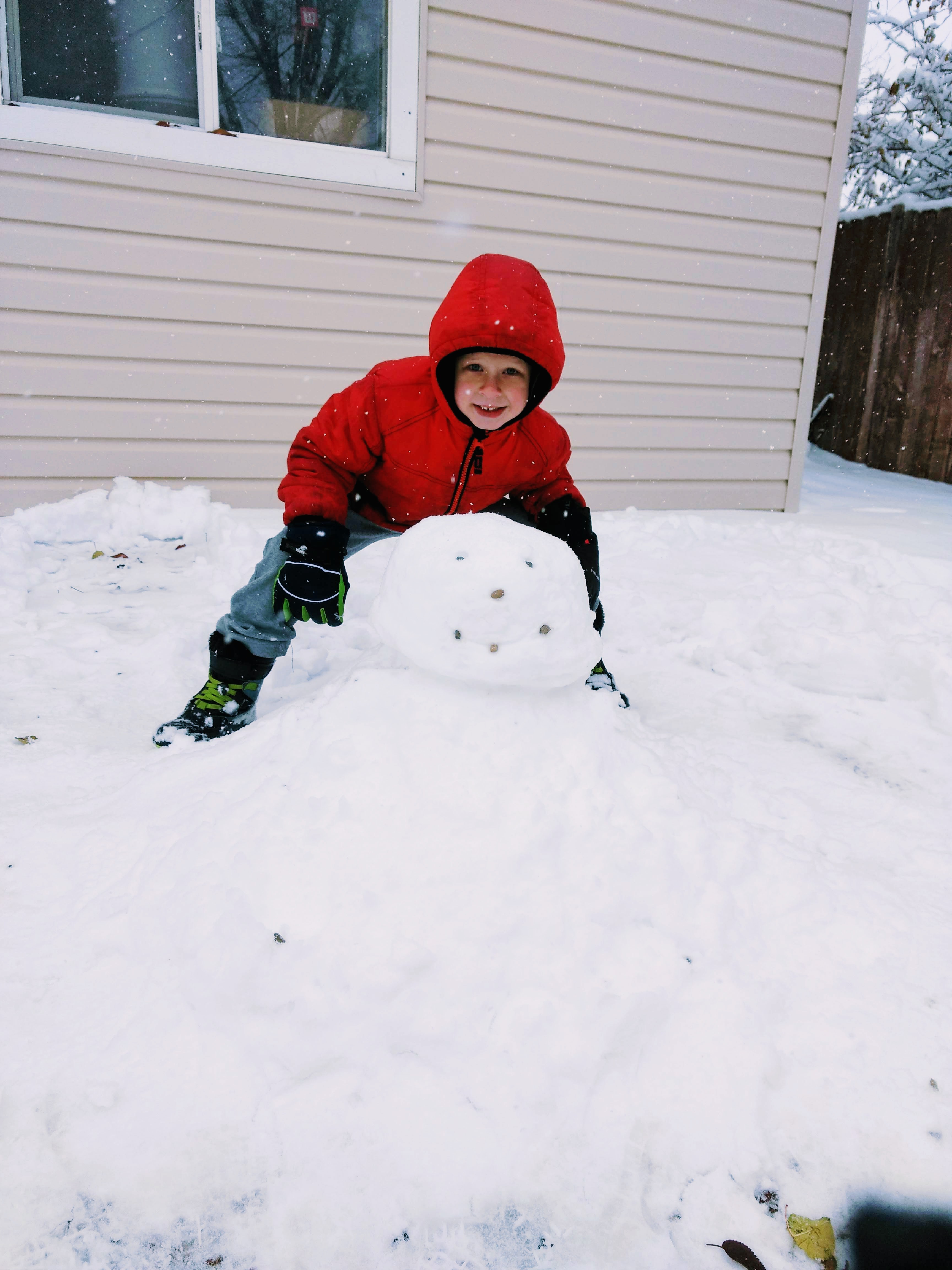
I have realized in this motherhood journey that cultivating patience is a LIFE LONG pursuit that will not only bring peace and happiness to our family now, but for the future experiences that will surely come to try our patience.
We understand that you never “achieve” patience, you practice it every day for the rest of your beautiful life.
We always love to hear from other families about their success stories.
Feel free to comment below with what you do to help cultivate patience in your family life!
Much love and best wishes for a wonderful day!
About The Author
savannahsal
This post may contain affiliate links and we may earn compensation when you click on the links at no additional cost to you.
Savannah loves being a Lifestyle Writer sharing her experiences and insights as a mother of six young children. She loves to empower mothers to find better balance and enjoy higher quality time with their family through purposeful family living.
Related Posts
Hearty Beef and Vegetable Tin Foil Dinner
This post may contain affiliate links and we may earn compensation when you click on the links at no additional cost to you.
This post may contain affiliate links and we may earn compensation when you click on…
June 24, 2019How To Cultivate Respect In Your Children
This post may contain affiliate links and we may earn compensation when you click on the links at no additional cost to you.
This post may contain affiliate links and we may earn compensation when you click on…
April 8, 2019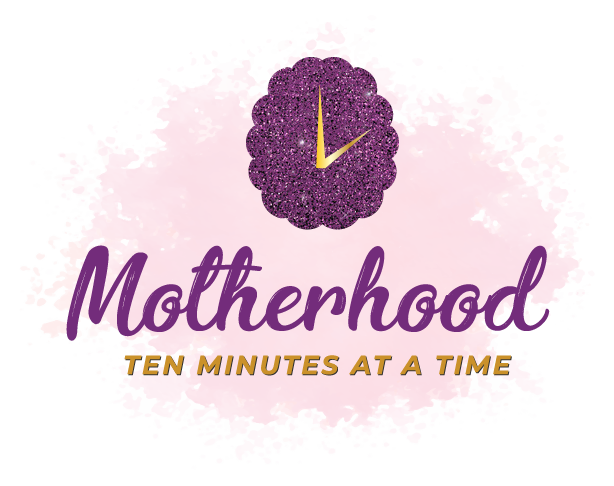


Danielle | 4th Dec 18
I love the tips you shared and your example!!! So much amazing information!!
savannahsal | 4th Dec 18
Thanks Danielle! I didn’t plan that example, I just came across those pictures and realized they were a story of what the article was about. Kids! 😉
Meagan | 4th Dec 18
This is beautiful and so true. People talk about the “terrible twos” but really our son has been more trying in his threes. Patience is the key. I love that you put that it’s important to remember that your child is not doing this TO YOU.
savannahsal | 4th Dec 18
Thanks Meagan, and you are so right about the terrible twos can be any age or stage. Moms have to be prepared for the long haul Ü
Brianna | 5th Dec 18
What an amazing post! You often hear of parents talking about patience but you rarely hear HOW to actually put it into practice. My daughter is only 18 months old but her meltdowns test me to my core and I’ve been learning the true definition of patience. Your 4 strategies are so helpful! Thank you so much!
savannahsal | 5th Dec 18
My mama heart goes out to both you and your daughter during her meltdowns; it is SO hard but you’ve GOT this!!
Season | 6th Dec 18
These are great tips! Patience is so important for our kids and also super challenging for us! Figuring out why they are behaving that way was a game changer for my son and I. Thank you for posting!!
savannahsal | 7th Dec 18
Thanks Season, you are so right! Patience is so important for our kids. Best (patient) wishes for you and your son!
Erin | 7th Dec 18
I love this! Teaching patience can be such a test of our own at times!
savannahsal | 7th Dec 18
Amen to that! Best wishes to you in your journey of patient parenting!